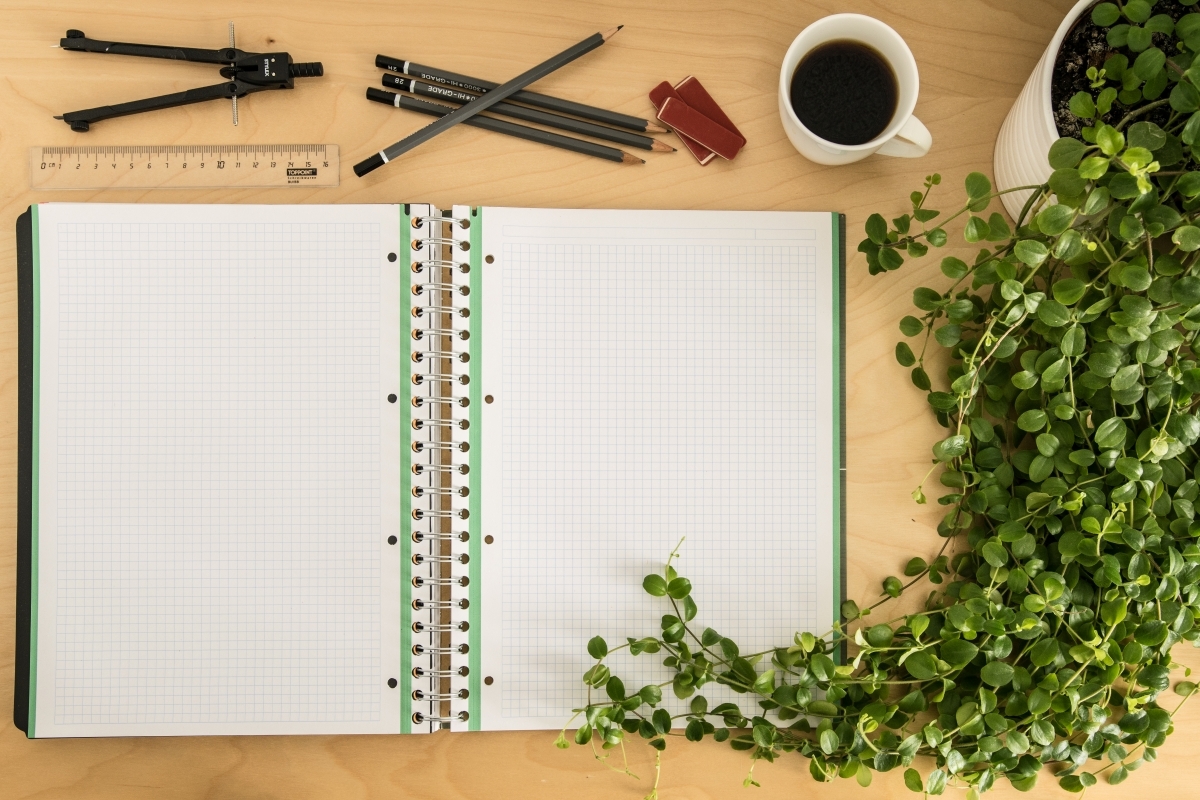How to optimise your study (Blog)
From getting motivated to start studying and preparing your working space, to looking after yourself by drinking plenty of water and getting enough sleep, take a look at our top tips to help you optimise your study.

Motivation
Sometimes the hardest part is simply finding the motivation to sit down, open a book and start work. We’ve all been there so don’t worry when it happens to you.
- Visualise - Visualising where your studying will take you can work wonders. For example, instead of looking at revision as a tool to pass an exam, think of it as a single step on the way to getting into the university you want or landing your dream job.
- Community - If you are struggling with motivation then odds are your friends are too. Why not meet up somewhere with few distractions and go over your notes. Revision cards can be a great way to make your notes transportable and can also be used to quiz each other.
- Persistence - Motivation often falls when you feel like it’s going on forever. It won’t. Yes it might feel like you are stuck in a loop of revision and note-taking but it doesn’t last. Instead, it’s how you reach the point where you can close your books and start the next the chapter of your life.
Preparation
- Space - Revision is hard enough without having anywhere to study. Of course you have access to the Learning Centres at College, but having an area at home where you can go and work can make all the difference. Start by clearing an area that is separate from where you relax. You want a space that you associate with work and not with gaming or watching TV. Make sure you have a comfortable chair and plenty of light.
- Supplies - Once you have a space, organise the supplies you might need such as pens, paper, revision cards and notes.
- Time - Once you have the where, you need to find the when. Finding time to work can be tricky, especially when juggling lectures, friends, a part-time job and, most importantly, time for yourself. One of the biggest factors that can help is giving yourself enough time to study. Instead of leaving it all to the last minute, try and set a schedule so that you can do a little every day.
- Routine - By including study in your free periods at College, you might not need to do as much when you get home. Set a time every evening when you sit down to do some work, but make sure you have time to wind down before bed.
- Lists – Organising your workload into lists is a good way to keep everything separate and manageable. By knowing what you need to do and when you need to do it by, you can organise a more effective schedule.

Style
Everyone is different in terms of how they learn. Just because you know someone who works best while listening to music and rewriting all of their notes, doesn’t mean that is how you should study.
- Background noise – Some people focus better with relaxing music in the background, while others need complete silence. Try both to find out which suits you better.
- Auditory learning – Some find it most beneficial when listening to things. Try reading your notes out loud or discussing what you are learning with others.
- Visual learning – For those who are visual learners, creating flowcharts and mind maps can be fantastic. Allocating colours to certain subjects or key facts can help as well as relating some things to images.
- Kinesthetic learners – Try learning while doing. If you are someone who struggles to keep still, stress balls are perfect for this. Taking regular breaks and revision cards are also very useful.
Look after yourself
- Water – Drinking lots of water while studying will keep you hydrated and will help you stay focussed.
- Sleep – If we don’t get enough sleep our brains struggle to move things from short term to long term memory, making studying useless.
- Help - If you’re struggling, ask for help. Instead of worrying in silence, ask one of the Learning Services team for help.
Quick tips
- Start small - Set yourself small challenges with rewards to keep you going through particularly tough topics.
- Teach others - Teaching others can help you to learn a subject, as you are explaining the information rather than just memorising it.
- Exercise - Throw in some exercise during your study sessions. Whether a run around the block or a quick session in the gym at College, getting up and getting active is a great way to get you back on track.
- Study whilst you travel - Try getting those extra minutes of study in while travelling to and from College on the bus. You might need to find a way to block out the noise, but this could be the best way to make the most of your daily journey.
